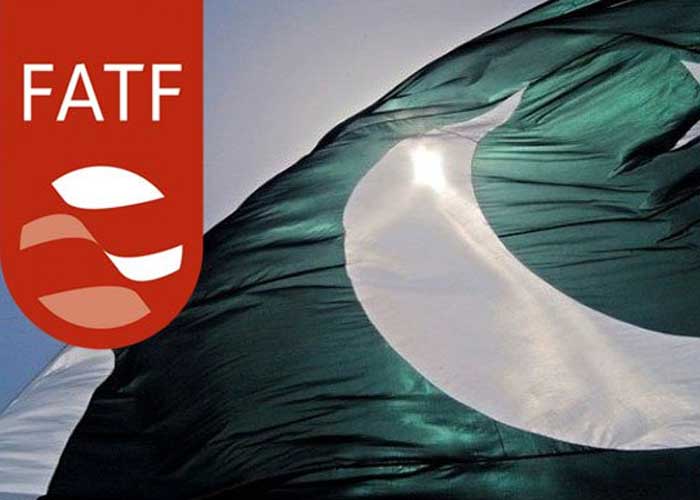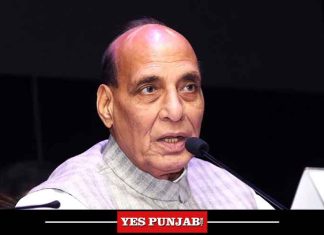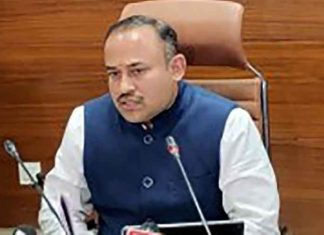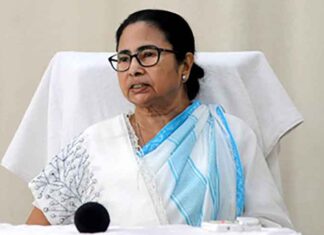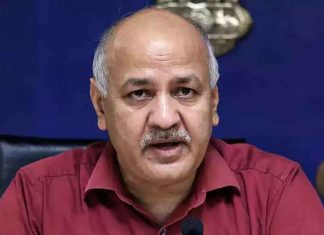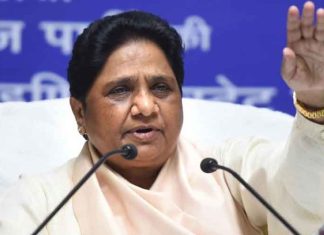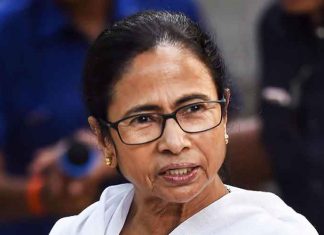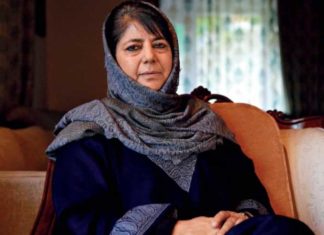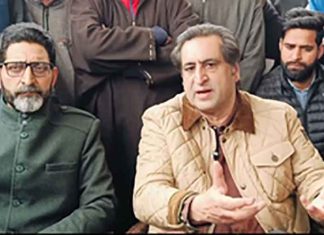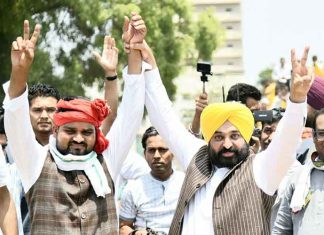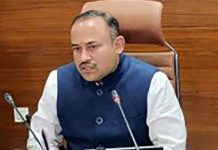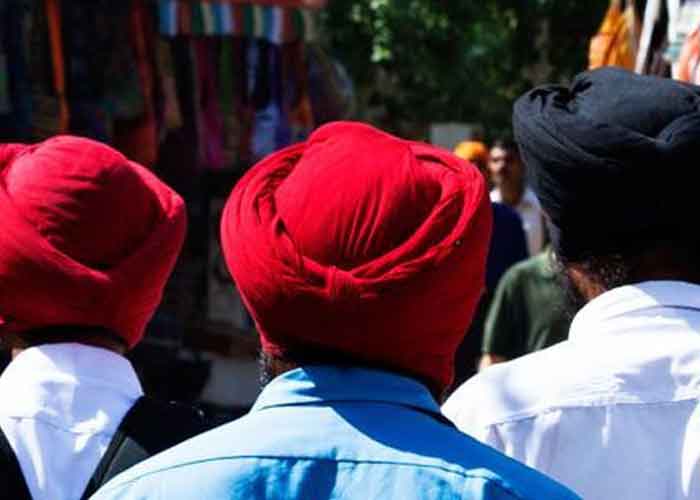New Delhi, June 28, 2021 (Agency) Last week’s Financial Action Task Force (FATF) verdict retaining Pakistan on the ‘grey list’ and asking it to do more to curb money laundering and funds flow to proscribed militant outfits has come at the worst time possible. This explains why its leadership has fulminated at the UN’s terror funds watchdog, calling it “a political weapon”.
The “wrong” timing for Islamabad is because it seriously hampers its role, by now well-known, in supporting the Afghan Taliban’s campaign to fight the government in Kabul before the United States withdraws.
International media, among them the US’ Voice of America and Deutsche Welle (DW), the German radio and TV, have reported furtive and furious activity along the Pakistan-Afghanistan border in Balochistan and Khyber Pakhtunkhwa, at madrassahs and mosques, gathering funds and recruiting fighters among the seminary students to support the Taliban military campaign.
These two provinces are also homes to the Taliban’s Quetta Shoora and Peshawar Shoora that Pakistan has nurtured on its soil for the last two decades. Proscribed Pakistani militant outfits that are affiliates or have links with Al Qaida and Islamic State (IS) are operating from there.
The VOA reported in its June 19 broadcast: “Donations to the Afghan Taliban are on the upswing in Pakistan border regions as the militant group intensifies attacks against Afghan forces ahead of the U.S. troop withdrawal.”
“Multiple sources and eyewitnesses on the ground with knowledge of these donations have confirmed to VOA that fundraising for the Taliban has continued in various parts of Pakistan.”
There have been pitched battles in many provinces of Afghanistan between the government’s Afghan National Security Forces and the Taliban and the latter are in need of men and material.
Security experts note the FATF was aware of these activities when it asked Pakistan to fulfil all the 27 directives originally issued, and adding six more, for complete compliance.
Pakistan claims to have fulfilled 26 of the 27 directives and its leaders are livid that the FATF has retained it on the ‘grey list’, which is the proverbial Damocles Sword hanging over it that could strike in the shape of serious economic sanctions.
The News International newspaper reported on the day of the FATF verdict last week that the Karachi Stock Exchange was ‘nervous’ and the market suffered several notches down in anticipation.
The newspaper in its editorial (June 27, 2021) observed: “Though the FATF has tried to sound positive by encouraging Pakistan to continue making progress to address as early as possible the one remaining Countering Finance of Terrorism (CTF) item, the ultimate outcome for Pakistan has not at all been positive. According to the evaluation of the FATF, Pakistan still has to demonstrate that terror financing investigations and prosecutions have targeted senior commanders and leaders of the UN-designated terrorist groups.”
Significantly, while much of the Pakistani media has concealed it or glossed over it, The News International says: “But the most devastating outcome of the session for Pakistan was that it has received another six-point list that mainly deals with money laundering. Now, Pakistan also has to comply with the new list irrespective of whether the government of Pakistan disagrees with or dislikes it.”
Led by Foreign Minister Shah Mahmood Qureshi, the Pakistani leadership has accused FATF of acting as “a political weapon”, when it is only “a technical body” and singling out Pakistan, while ignoring the alleged wrong-doings of many countries, including some in Europe.
Besides the stock exchange ‘nervousness’, Pakistan also showed some political unease the way it got several journalists, politicians and academics to condemn the FATF. This is unprecedented.
However, realising the delicate nature of the verdict that it cannot ignore or reject directly, the government leaders, media editorials and the commentators have engaged in self-criticism as well. The FATF, it is emphasised, has sought action that are “in our national interest”, goes the conciliatory line. Beyond a point, the ire is reserved for “some people” as Qureshi put it, who desired that Pakistan remains on the grey list, and in trouble.
“After all, the primary beneficiary of the exercise to stop money laundering and combat terrorism financing would be the national economy and the Pakistani people,” Dawn newspaper consoled its readers in its editorial of June 27.
It noted that although the FATF “has consistently been emphasising the complete execution of its action plan for Pakistan to get off the list. Yet some of us have failed to properly read the message of the watchdog after its review meetings, hoping that we still have enough geopolitical weight to get off the list, without having to fully comply with the FATF’s demands.”
The FATF was determined to get Pakistan to fulfil the directive completely, requiring it to “ensure that its law-enforcement agencies cooperate internationally to trace, freeze and confiscate the assets of the designated individuals and entities”
That being the case, the newspaper said: “More political will is needed to fully comply with the two action plans as the lack of it is imposing heavy costs on the country. The government must swing into action to fulfil the remaining conditions in order to avoid the serious consequences of delay and inaction.”
Subscribe to YesPunjab Telegram Channel & receive important news updates



